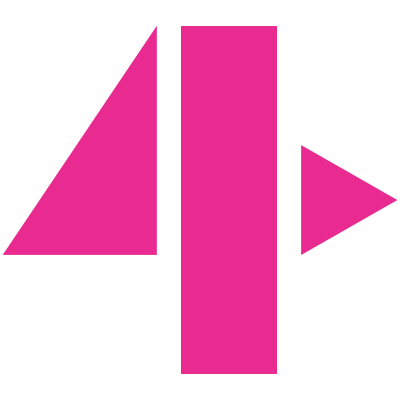
Judicial Independence in Poland at Risk: A Joint NGOs Letter to the President
All three Polish members of the 4Liberty.eu Network – Civil Development Forum (FOR), Liberté! Foundation, and Projekt: Polska – signed an open letter to the President of Poland Andrzej Duda with an appeal “to protect Polish Constitution and the rule of law which it guarantees”.




